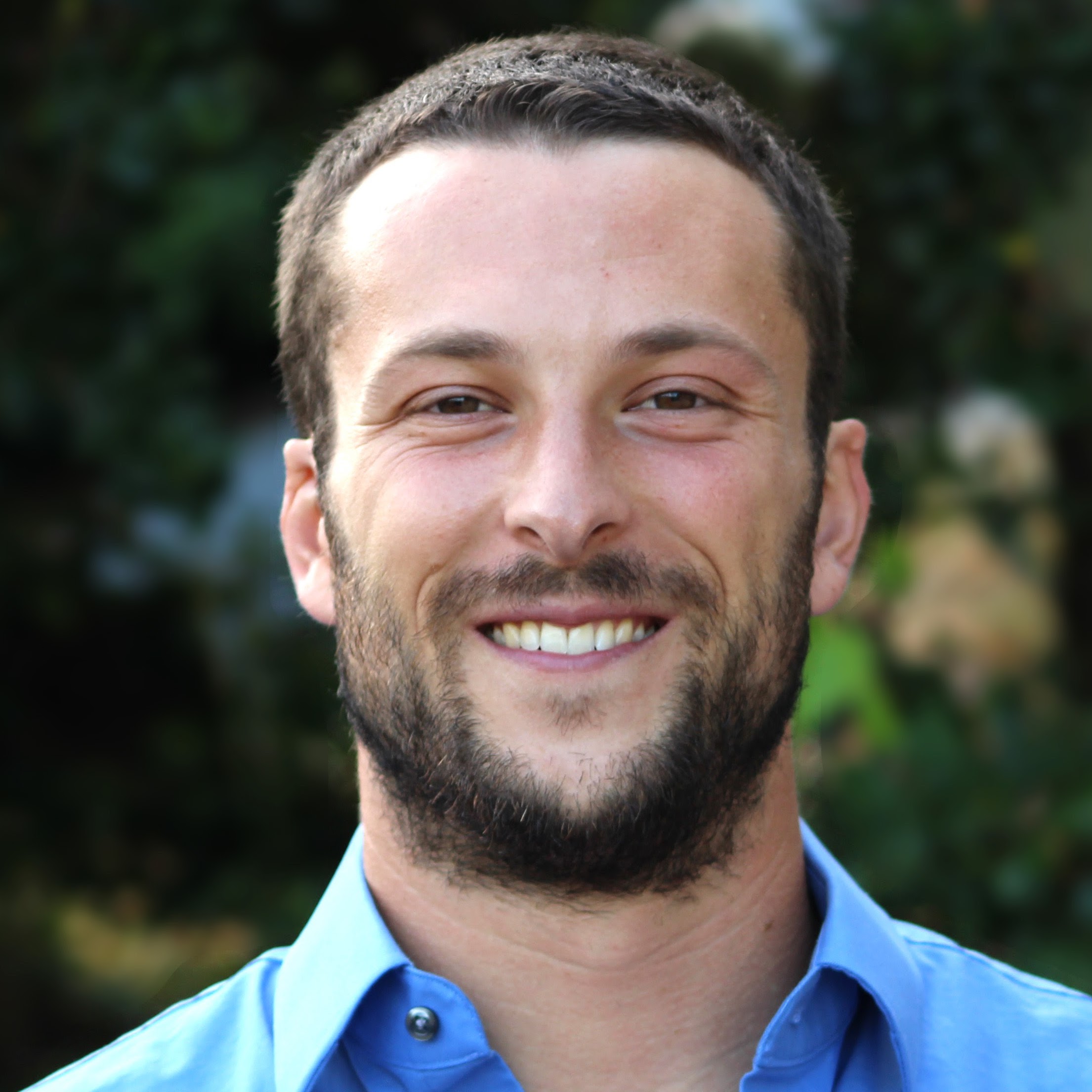Our mission at Desmos is to help every student learn math and love learning math. We know that every student is capable of advanced mathematical thought regardless of their race, class, gender, sexual orientation, or other aspects of their identity. At the same time, we know that many math learners experience oppression both inside and outside of schools because of their identities.
We want our work to help address these unjust learning conditions. However, our efforts to date have lacked direction, coherence, and accountability, all of which has made it possible that we are harming students rather than helping.
As a start, we have created a set of Equity Principles.
We hope this document will:
- Offer our team a common vision and language for our work towards liberatory mathematics education for all students.
- Guide our decisions and help us understand whether they will help or harm the communities we hope to serve.
- Help us examine bias in our own workplace and communities.
We hope that sharing our Equity Principles and how we created them will help us find folks to join us in this learning and help push our thinking further.
The Structure of the Principles
Each principle has one big picture statement that describes what we want to be true about our work and our community, as well as a paragraph explaining the statement in more detail.
Here’s an example:
I. We want our products to serve all students and teachers.
Without taking intentional steps, our work will not serve all groups well. Therefore, we must . . .
Along with each principle, we decided to include a set of questions to help us think about how we could apply the principle to our work. We drew inspiration from the Quaker practice of queries, which are designed to help examine, clarify, and reflect upon one’s decisions.
Here are a couple examples of questions from our Equity Principles::
Which communities do we need to learn from and serve? How might this work help the communities we aim to serve? How might it harm these communities?
Developing the Principles
Almost as important as the document itself was the process we took to create the Equity Principles.
It was important to hear from as many voices as possible and to create multiple opportunities for folks to engage in the process, so we designed it with that in mind.
We began by holding an open company meeting to look at existing frameworks for inspiration, like Rochelle Gutierrez’s Dimensions of Equity and the New York City Department of Education’s Algebra for All equity framework. We were able to gather from more than half of the Desmos team what they hoped equity would look like for their work and company wide. A smaller team collated these responses, decided on the structure of the document, and created a first draft. After several rounds of feedback and many more drafts, the entire Desmos team used the Equity Principles as a tool in hypothetical scenarios to help us practice enacting them.
Next Steps and an Invitation
We recognize that creating and adopting a set of equity principles is just one step. It’s an early foundational step that helps us orient the work that comes next. We are still in the process of developing structures that support us in using the principles in our daily work, and we recognize that this is a crucial step in making these principles meaningful to our work. We are also aware that our team at Desmos is very small and that our identities, experiences, and biases limit our ability to help every student or to see ways in which our systems and structures bias some groups over others.
With that in mind, we invite you to read our Equity Principles and Queries at the end of this post. We would love to hear ways these principles may be underdeveloped or ways in which these principles shifted your thinking.
If you want to respond publicly, tag us @desmos. If you want to respond privately, feel free to email equity@desmos.com. We know that we have much to learn and are excited to be part of a community thinking and growing in this work together.
We also want to express our gratitude to the many folks who have influenced and pushed our thinking in this area, especially but certainly not limited to Lauren Baucom, Christelle Rocha, Ayanna Perry, and Rochelle Gutierrez.
Desmos Equity Principles
Preamble
We’re on a mission to help every student learn math and love learning math. To achieve our mission, we must acknowledge past and present injustices in U.S. society and take intentional action to make change.
Our goal is to support the development of a more equitable math education system and tech industry. We use these principles as guides towards achieving this goal.
I. We want our products to serve all students and teachers.
Without taking intentional steps, our work will not serve all groups well. Therefore, we must focus on identifying and attending to the needs of marginalized and excluded communities. This means learning from and with these teachers and students, and using their needs to shape our work and measure our success.
As we do this work, we ask ourselves…
- Which communities do we need to learn from and serve?
- How might this work help the communities we aim to serve? How might it harm these communities?
- How can we measure the impact of our work on communities we aim to serve?
- How might we support the ACCESS and ACHIEVEMENT of the communities we serve?
- How might we support the IDENTITY and POWER of the communities we serve?
II. We want to work continuously towards an equitable workplace.
Our workplace should be one where everyone understands how they contribute to the company’s mission and feels valued in their contribution. If we don’t intentionally foster diversity and inclusion internally, we remain a part of the broader systemic inequities driving the need for these principles. Equally important, having a diverse group of colleagues is essential to serving a diverse external community. To do this, we must critically examine and address bias in our own processes and interactions.
As we do this work, we ask ourselves…
- How might we examine and reduce our individual biases?
- How might we sustain ourselves in our day-to-day work at Desmos?
- How might we attend to the mental, emotional, and physical safety of our employees?
- Who might each internal process serve? Who might this process harm?
- How might we continue to prioritize a drive for equity as our company changes over time?
III. We want to disrupt systemic inequities and conditions of marginalization in education.
We have a responsibility to continuously learn about how systemic inequity is embedded in education and to use this knowledge to drive our decision-making. As we learn and put our learning into practice, we share our work with the hope that others will listen, learn, and push us further.
As we do this work, we ask ourselves…
- How might our work disrupt white supremacy and the oppressive results of dominant culture?
- What underrepresented voices can we learn from and amplify?
- How might we share our current thinking and get feedback?
- How can we uphold our values when selecting partners and services?



